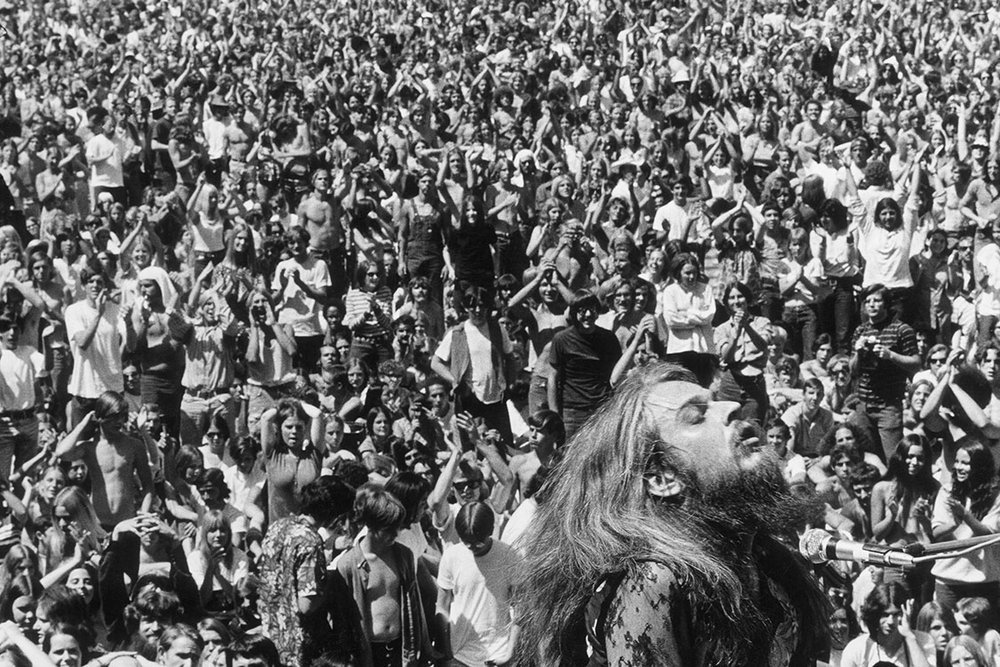
In our last episode, Joe Cocker had just fired the members of his Grease band after recording his newest album, Joe Cocker!. His manager, Dee Anthony, was looking forward to returning to the U.S. to promote the highly anticipated album that featured Cocker originals and unreleased Beatles songs. Meanwhile, Leon Russell’s debut solo album for producer Denny Cordell’s brand-new Shelter Records label was about to hit the shelves, and the artists who made guest appearances on this maiden voyage included many of Britain’s rock royalty. “Denny arranged for many English stars to appear on the record,” Russell wrote in his memoirs. “Which, as far as my knowledge of the music business goes, was the first time that ever happened…” There, in the studio, sat John Lennon and Yoko Ono, Rolling Stones bassist Bill Wyman and drummer Charlie Watts, the Beatles Ringo Starr and George Harrison, Eric Clapton, and Steve Winwood, all of whom had joined to contribute individual parts to several tunes.
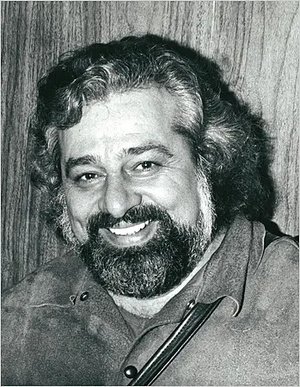
Russell had already written a tailor-made tune dedicated to his then-lover Rita Coolidge, a gorgeous singer who inspired the heartfelt lyrics of “Delta Lady”, which he lent to Joe Cocker for his new A&M Records album. But now that Cordell was recording in London, yet another bird was catching his fancy. She was a young, sexy American girl who’d recently found her way across the pond after being recruited by Apple Records publicist Derek Taylor to work for him as a receptionist at the headquarters’ main office. Her name was Chris O’Dell.
After her arrival in late May, 1968, O’Dell had only been working at Apple for about a year and a half when she was introduced by Cordell to Leon Russell, who was in England wrapping up his first proper recording session in late September of 1969. The chemistry between O’Dell and Russell was instant and electric. “I felt my knees begin to buckle,” she wrote in her tell-all memoir, Miss O’Dell.
It didn’t take long for them to get to know each other, and before she knew it, Russell had written “Pisces Apple Lady” for her—the title representing her zodiac sign and the job she maintained. A month later, she gave up that job to return with Russell to the States, where the two lived together in L.A. “We returned to Wally Heider Studios in the States to finish (my album) and dub down,” he wrote in his autobiography. The Shelter Records debut of the self-titled LP, Leon Russell, made its entry onto the charts.
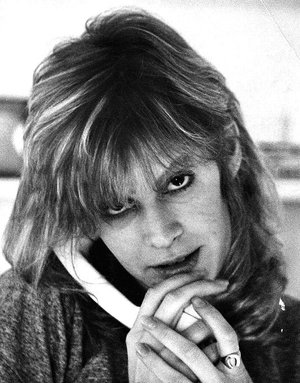
Meanwhile, Joe Cocker’s album was steadily climbing those charts. His manager, Anthony, wanted the singer to tour to promote it but Cocker was nowhere to be found. When he was finally found, Cocker was in New Orleans, trying to forget his troubles with the Grease Band and his strained relationship with his girlfriend Eileen. He was in no mood or condition to tour, which infuriated Anthony. An emotionally charged showdown took place between Cordell, Cocker, and Anthony when the latter flew down from New York to Hollywood to confront the two. Anthony warned them that Cocker’s reputation and career would be wiped out if they backed out of prearranged obligations and promises made for the elaborate tour he’d already booked. Cordell went on to say “I hated him. I never approved of him handling Joe…” Anthony made thinly veiled threats about certain people ending up with cement shoes in the Hudson River if they didn’t comply. Cocker and Cordell turned to Russell to save the day.
Not one to shy away from a good challenge, Russell called in favors from his closest musical cronies, and a large band was hastily assembled. First summoned were drummers Jim Keltner and Chuck Blackwell. Then it was discovered that the group Delaney & Bonnie was disbanding, so Russell scooped up the loose members to recruit them. Minimal rehearsals and maximum excesses in recreational activities were quickly underway. Cordell was stunned at how large the ensemble was rapidly expanding. According to J.P. Bean’s authorized biography, Joe Cocker: The Authorized Biography, Cordell said, “We go down there, and Leon has contacted every man jack he knows can play good! There are three drummers… guitar players, and horn players Bobby Keys and Jim Price. We decided we needed three girl singers—dozens show up. There’s tambourine players… you name it!”
They rehearsed for twelve hours a day for four straight days, with several dozen onlookers who showed up at the recording studio unannounced once rumour spread that there was something special happening in town on a grand scale. Somewhere during the proceedings, there was a hot-and-heavy jam session where Cocker led the band in a rousing rendition of the Wayne Carson and The Boxtops tune, “The Letter,” which was recorded during the band’s rehearsal on a sound stage. The single “The Letter/Space Captain” was officially released to coincide with the tour.
Cordell coined the moniker “Mad Dogs and Englishmen,” borrowed from a Noël Coward quote. By the time all was said and done, the crew—including band, soundmen, wives, girlfriends, roadies, managers, children, and film crew—numbered forty-three, plus a spotted dog. They had to charter a plane—a Lockheed Super Constellation—to haul them all. They began the rollicking road tour on March 19, 1970, after only a week of total preparation.
They hit Detroit first, then New York, Boston, and L.A. The whole time it was sex, drugs, and rock n’ roll. It became mayhem. Then it got personal. It wasn’t long before Cocker had lost complete control of the situation, including of his own role as the leader. Suddenly it was Leon Russell’s carnival. He had became the ringmaster of the big top. “We fell out pretty badly,” Cocker said of his relationship with Russell. “As the tour went on and all the attention was on me, he got a little envious… he took over the whole show… he made it obvious.”
Forty-eight cities, eight weeks, and two days later the circus finally came to an end on May 16, 1970, in San Bernardino, California. Cocker went into a deep depression and drinking binge and basically disappeared for months after. A&M cofounder Jerry Moss, Cordell, and Russell had decided to produce live material for a film and an album, with material captured from performances at Bill Graham’s Fillmore East, as well as from another show at a venue in L.A. They recorded and videotaped the first and last legs of the tour, hoping to squeeze a double album out of it.
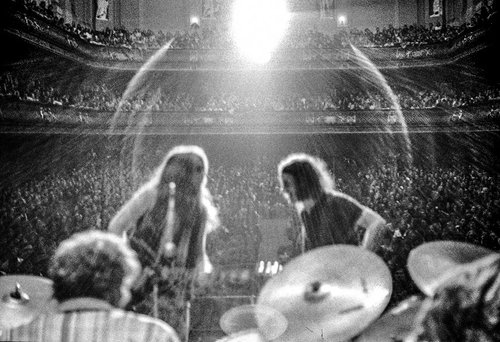
In June, they called on engineer Glyn Johns to make the album. Although the double album Joe Cocker/Mad Dogs & Englishmen did reach number two on the American charts, it wasn’t an overall critical success, and it only peaked at 16 in Britain. Meanwhile, the two-hour concert film documentary was unveiled in the spring of 1971. Obvious and predictable comparisons to Woodstock were in no short supply, and, of course, Mad Dogs fell short, relatively speaking.
It was said that Russell achieved his fame during this tour at the expense of Cocker. Glyn Johns seemed to agree with those sentiments: “It looked to me like Denny and Leon had used the tour to promote Leon, perhaps to the detriment of Joe,” he said in his autobiography, Sound Man. “…it looked more like the Leon Russell show with Joe as the lead singer.” Indeed, Russell’s rapidly rising reputation as a solo artist arrived just as his first album, Leon Russell,was released on March 23, 1970, only four days after the tour started. The LP contained 12 tracks, of which the opening one, “A Song For You,” eventually became a classic tune covered by everyone from Ray Charles to Willie Nelson. A joint agreement was established between Cordell and Russell to establish the two as cofounding partners of Shelter Records.
So many sidemen of note played on Leon Russell, that Russell decided that rather than list them all on the album credits, they would appear on the cover’s “dedicated to” section. But according to details, Mick Jagger sang on “I Put A Spell On You“, George Harrison played guitar on “Dixie Lullaby,” “Shoot Out on the Plantation“, and “Hurtsome Body”, Eric Clapton played guitar on “Prince of Peace” and the two outtakes “New Sweet Home Chicago” and “Jammin’ With Eric”, Charlie Watts played drums and Steve Winwood played keyboards on “Roll Away the Stone“, and Delaney & Bonnie played and sang as well on the album, among others.
As fascinating as the story of Cocker’s ‘Mad Dog’ tour might be, there was yet another story that had already unfolded with several members of the tour who’d availed themselves for Russell’s high-flying circus. In fact, the circumstances that led to the end of one story and the advent of the other fit seamlessly like two connected pieces of a jigsaw puzzle. Although we just experienced the saga of Cocker and Russell’s mad tour, the wild adventure that preceded it might just be more amazing than this one, and the cast of characters are equally as fascinating. But to get to the story, we need to dial the clock back a year, before Cocker’s manager ever insisted on Cocker doing the tour with Russell at the helm.
Stay tuned for the next episode when we follow the antics of Delaney & Bonnie as the duo take its show on the road—picking up a few lads from across the pond along the way!
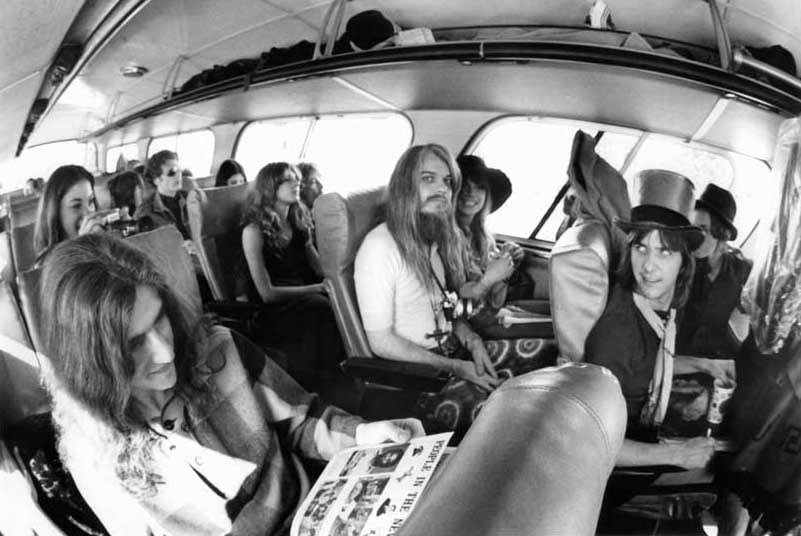
Books on my shelf:
- Becoming Elektra: The True Story of Jac Holzman’s Visionary Record Label by Mick Haughton. Jawbone Books [2nd Ed.](2016).
- All Things Must Pass: The Life of George Harrison by Mark Shapiro. Virgin Books (2002).
- Leon Russell: In His Own Words (With A Little Help From His Friends) by Leon Russell. Steve Todoroff Archives (2019).
- Me by Elton John. Henry Holt & Co. (2019).
- Joe Cocker: The Authorized Biography by J.P. Bean. Virgin Books (1990).
- Delta Lady: A Memoir by Rita Coolidge. Harper Collins (2016).
- Time Is Tight: My Life, Note By Note by Booker T. Jones. Little, Brown (2019).
- Bobby Whitlock: A Rock ‘n’ Roll Autobiography by Bobby Whitlock. McFarland & Co. (2011).
- Clapton: The Autobiography by Eric Clapton. Broadway Books (2007).
- Miss O’Dell by Chris O’Dell. Touchstone Books (2009).
- Wonderful Tonite: George Harrison, Eric Clapton and Me by Patti Boyd. Harmony Books (2007).
- You Never Give Me Your Money: The Beatles After The Breakup by Peter Doggett. Harper Collins (2009).
- Rhythm and the Blues by Jerry Wexler and David Ritz. Alfred A. Knopf (1983).
- Follow The Music: The Life and High Times of Elektra Records in the Great Years of American Pop Culture by Jac Holzman and Gavan Davis. First Media Books (1998).
- Elton John by Phillip Norman. Harmony Books (1991).
- Tin Pan Alley: The Rise of Elton John. Keith Hayward. Soundcheck Books (2013).
- His Song: The Musical Journey of Elton John. Elisabeth J. Rosenthal. Billboard Books (2004).
- Elton John: The Biography by David Buckley. Chicago Review Press (2009).
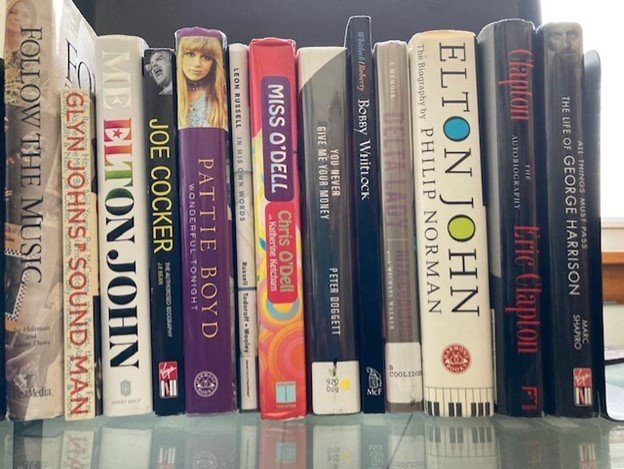
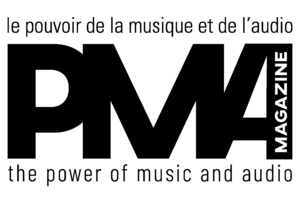
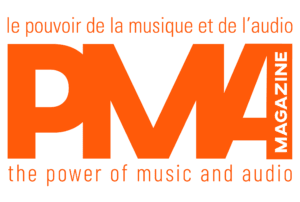

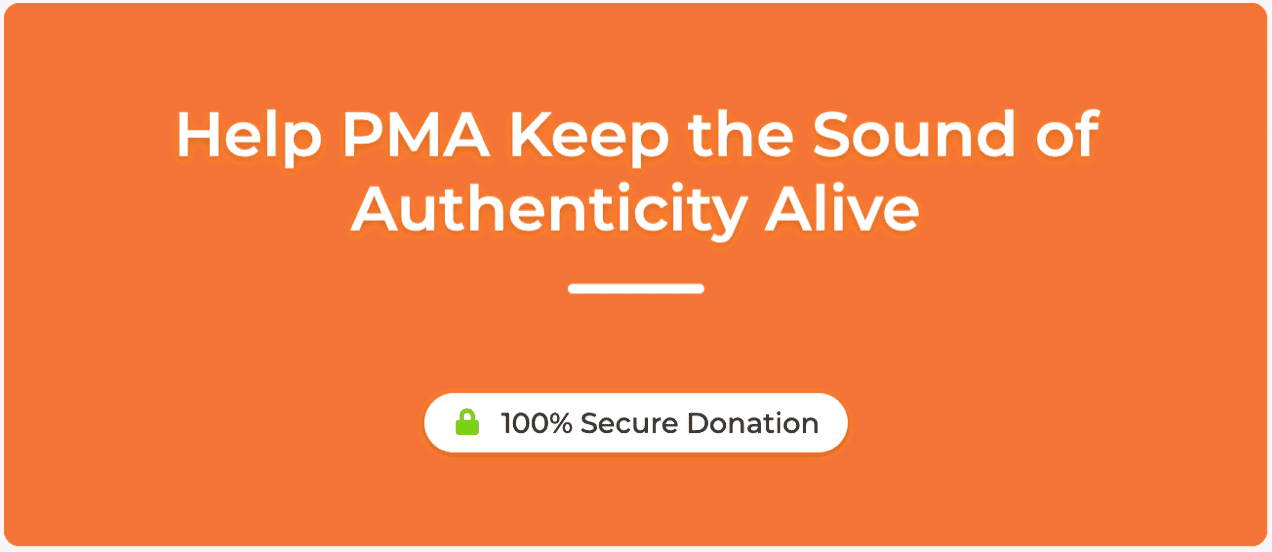


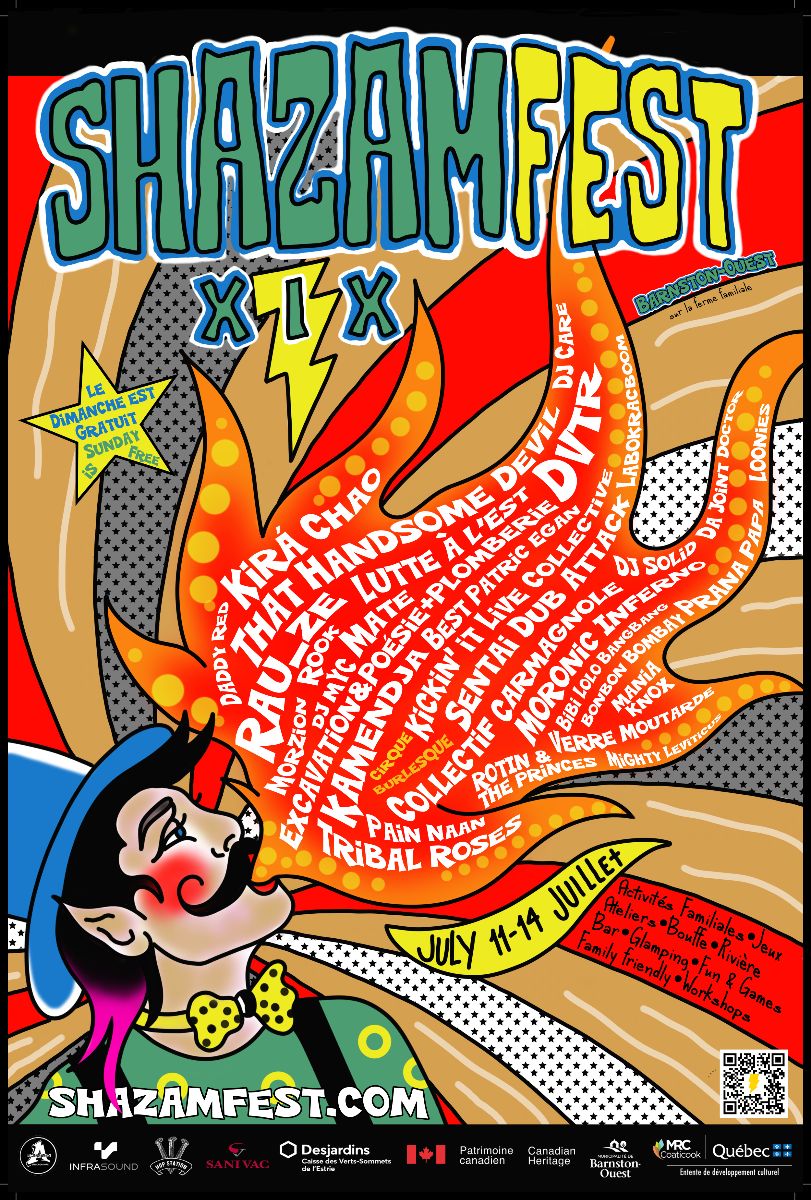

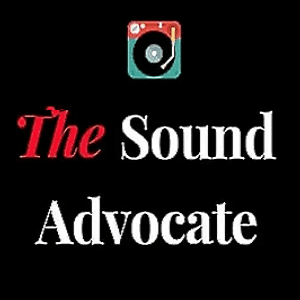
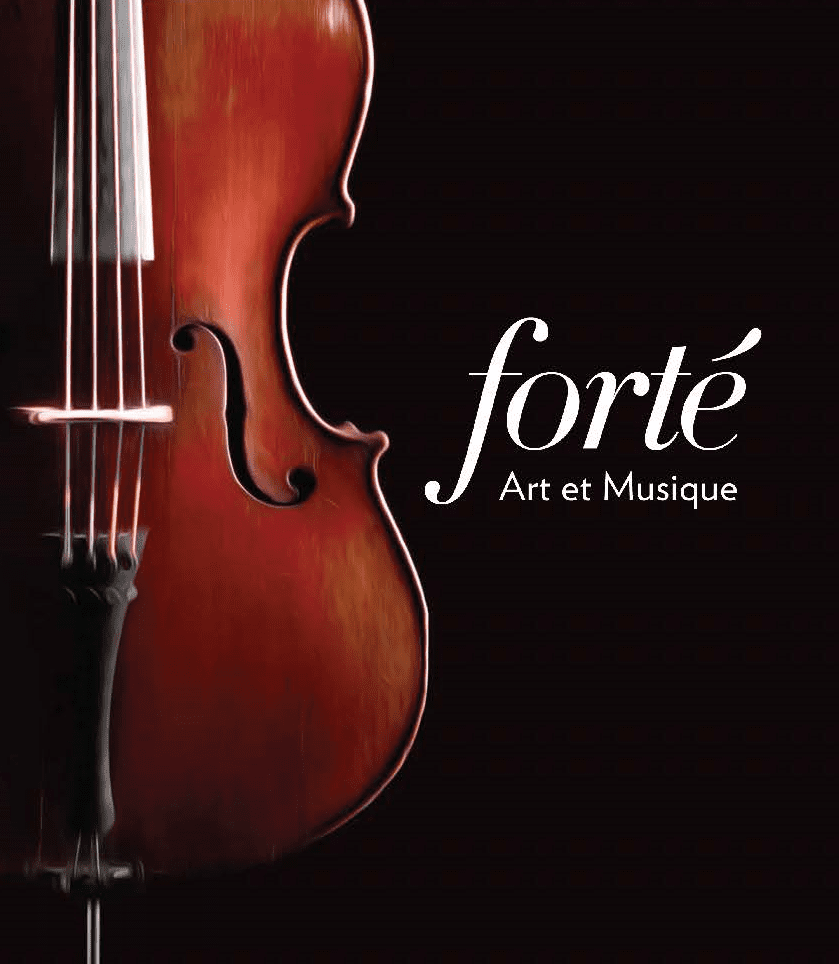
Leave a Reply